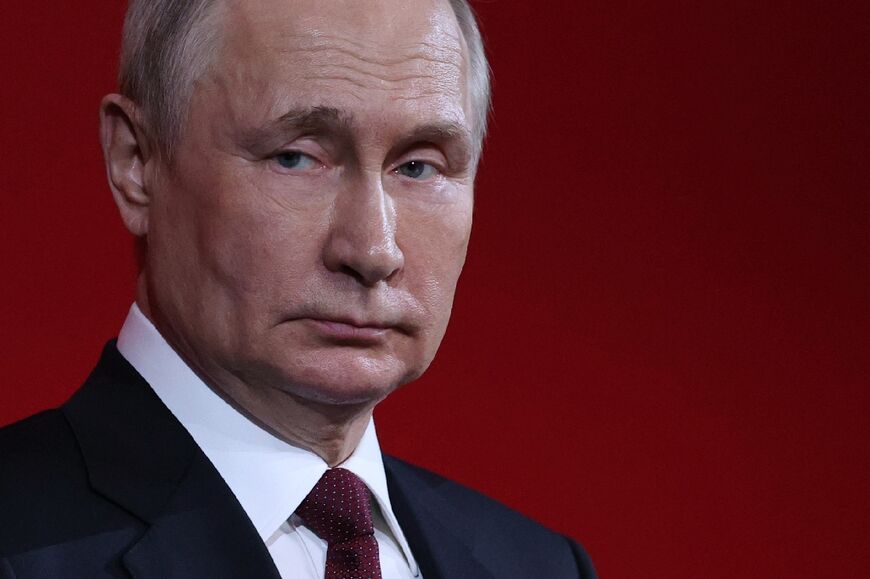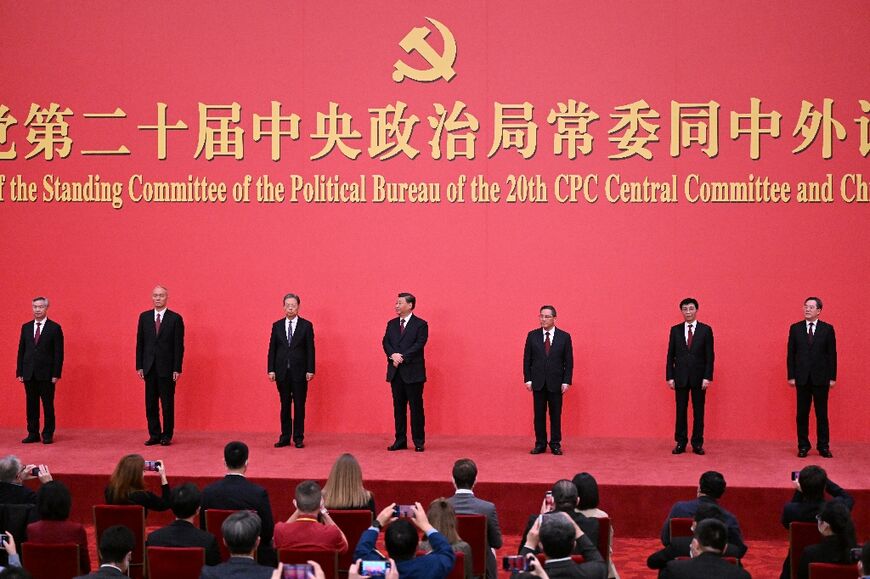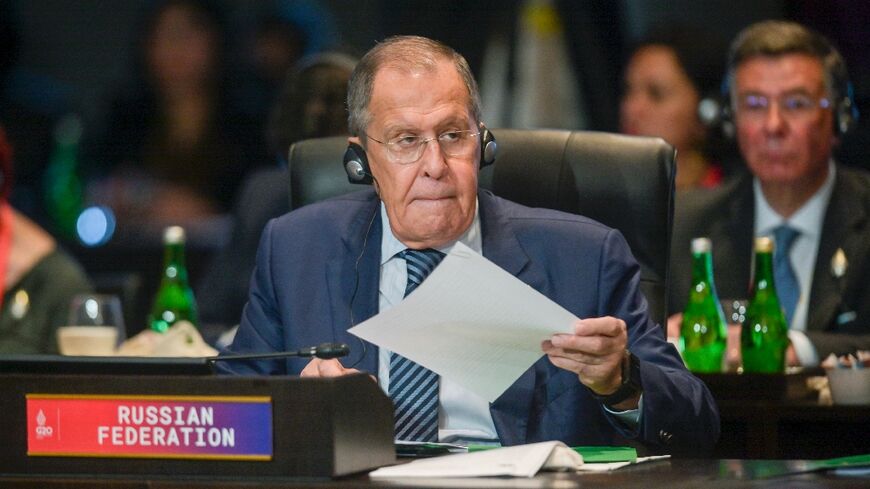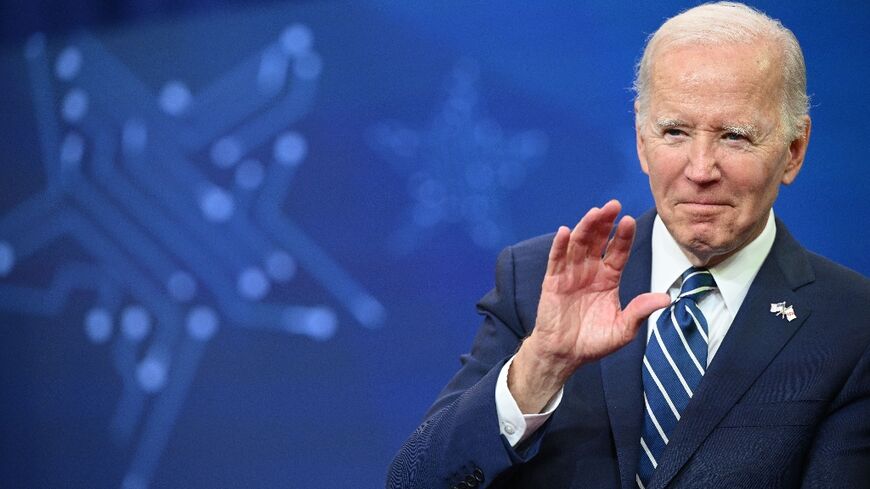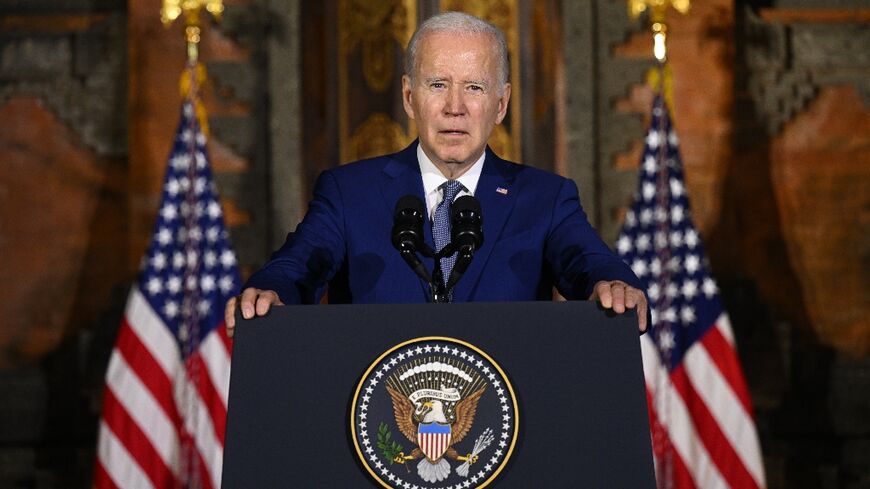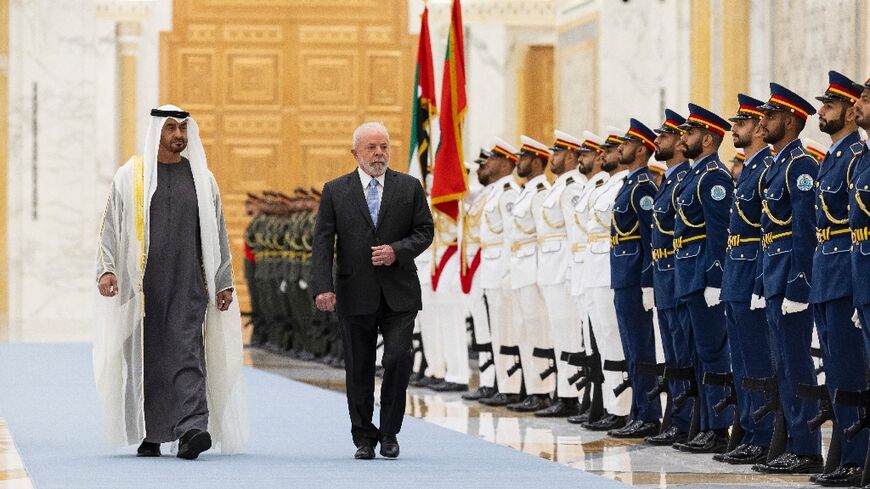Biden hits world stage with midterms spring in his step

US President Joe Biden returns to the world stage with a spring in his step after midterm elections he sees proving that, in the global contest between democracy and autocracy, good guys don't always come last.
Biden is scheduled to leave Washington on Thursday for the COP27 climate summit in Egypt the next day, an ASEAN regional summit in Cambodia at the weekend and the gathering of G20 major economic powers in Indonesia next week.
The tense midterms campaign had left the world wondering which Biden would show up.
Would it be the "America is back" champion, passionately arguing that the United States is indispensable to steering democracies through competition with the likes of China and Russia?
Or would a diminished figure board Air Force One, a lame-duck president reduced to little better than a speed bump in the inexorable return of Donald Trump and eventual collapse of US democracy?
Biden still faces turmoil if Republicans are confirmed to have narrowly won the House of Representatives.
But he argues that US allies can breathe again after a mostly smooth election and the surprisingly strong Democratic results -- limiting losses in the House, potentially holding the Senate, and chastening Trump's far-right Make America Great Again wing.
"The rest of the world looks to us," Biden told a news conference.
"They're very concerned that we are still the open democracy we've been and that we have rules and the institutions matter," he said.
"With their votes, the American people have spoken and proven once again that democracy is who we are."
- Test case -
At the G20, Biden will rub shoulders with key European and Asian allies as well as China's Xi Jinping, who has just cemented his position as undisputed ruler of the superpower with a third term as president.
Ash Jain, at the Atlantic Council think tank, said the summit will prove a "kind of test case" for Biden's twin-track policy of strengthening the democratic camp while negotiating with autocracies from a position of strength.
The likes of China and Russia are "looking gleefully at dysfunction" in US politics, Jain said.
The midterms results, however, give them a little less to crow about.
Biden says the Kremlin even seemed to have been waiting for the outcome of the election before announcing its humiliating retreat from the city of Kherson, the latest military setback in Russia's botched invasion of pro-Western Ukraine.
"I found it interesting they waited until after the election to make that judgment, which we knew for some time that they were going to be doing," Biden said.
The suggestion was that Moscow had been holding out to see whether Russia-sympathising Trump supporters could get a big majority in Congress.
- But for how long? -
Analysts say Biden will travel with other arrows in his quiver.
At COP27, he will flag the successful passage through Congress this year of the biggest US spending package to address climate change. The so-called Inflation Reduction Act includes $369 billion for such things as clean energy.
"For the first time, the US has some momentum on climate and a credible claim to something that looks like a climate policy," said Joseph Majkut, energy expert at the Center for Strategic and International Studies (CSIS) think tank. He "will want to take something of a victory lap".
In Asia, Biden will tout a resilient US economy, which despite high inflation continues to see low unemployment and a resurgence of manufacturing. With China "stumbling in terms of economic growth", Biden enters with "some wind at his back", said Matthew Goodman, an expert on economics at CSIS.
None of this, however, will dispel lingering questions in the minds of US democratic allies -- and autocratic foes -- over the durability of Biden's vision.
He turns 80 this month and it remains unclear whether he will run again in 2024. Trump, meanwhile, is in vengeful mood and even if he fades before the next election, his isolationist instincts are widely shared in Washington.
In his news conference after the midterms, Biden repeated one of his favourite stories -- how, at a G7 summit soon after becoming president, he told leaders of the six closest US allies: "America is back."
"And one of them turned to me and said, 'For how long? For how long?'"
"It was a deadly earnest question," Biden said. "'For how long?'"


